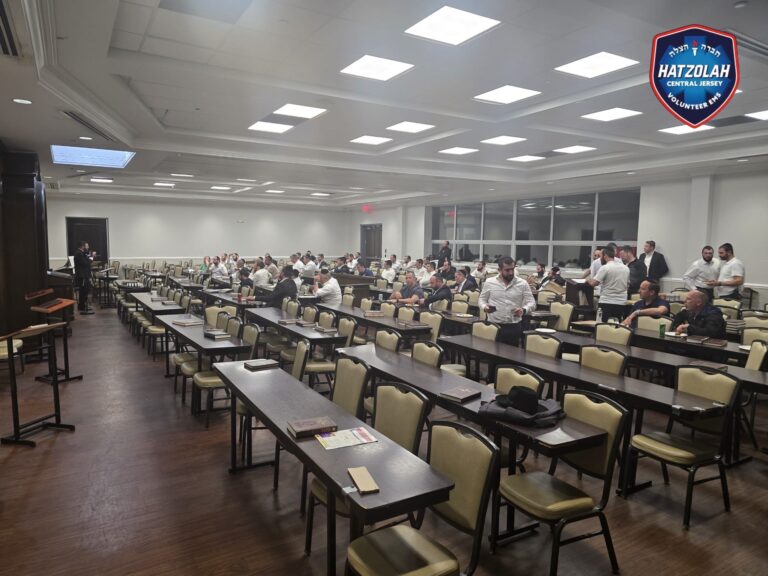Republicans face a problem as they try to defend a slim majority in the Senate and win races elsewhere: Insurgent primary candidates are trying to lay claim to President Donald Trump’s mantle, and knock out the establishment’s choices.
The latest case is in Nevada, where endangered GOP incumbent Sen. Dean Heller drew a challenge Tuesday from businessman and repeat failed candidate Danny Tarkanian, who announced his bid in an early morning Fox News Channel appearance seemingly aimed at an audience of one: the president himself.
“We’re never going to make America great again unless we have senators in office that fully support President Trump and his America-first agenda,” Tarkanian said, criticizing Heller as “one of the first never-Trumpers in Nevada” and arguing he had obstructed Trump’s agenda in Congress.
Heller opposed early versions of Trump-backed health care legislation in the Senate before voting for a final version that failed anyway. His campaign spokesman, Tommy Ferraro, dismissed Tarkanian as a “perennial candidate.”
The National Republican Senatorial Committee, which is the official Senate GOP campaign arm, quickly announced its support for Heller, and a super PAC backed by Majority Leader Mitch McConnell, R-Ky., committed to spending what it takes to support him and other GOP incumbents.
The dynamic mirrors longstanding clashes between the GOP’s establishment and activist wings, which played out disastrously in 2010 and 2012 when hard-core conservatives won Senate primaries but went on to lose to Democrats. McConnell and his allies vowed never to let that happen again and have subsequently intervened in primaries when necessary to produce candidates who could win.
The X factor now is the appeal Trump may hold to Republican primary voters — and what Trump himself will do. The president offered one clue Tuesday night, backing the establishment candidate in next week’s GOP Senate special election primary in Alabama, hours after an Associated Press story noted the absence so far of a presidential endorsement in the race.
“Senator Luther Strange has done a great job representing the people of the Great State of Alabama. He has my complete and total endorsement!” the president wrote, bypassing a firebrand House conservative, Mo Brooks, and an evangelical former state chief justice, Roy Moore, in favor of the appointed senator strongly backed by McConnell. The candidates are fighting over the seat previously held by now-Attorney General Jeff Sessions.
But whether Heller will get the presidential seal of approval in his primary is far less clear, and he is not alone.
Next door in Arizona, GOP incumbent Sen. Jeff Flake, another Trump skeptic during last year’s campaign, faces at least one challenge from the right in conservative Kelli Ward, who repeatedly denounces Flake while praising Trump.
In each case, to their annoyance, establishment-aligned Republicans face the prospect of spending millions to protect an incumbent from a challenger who might have a tough time getting out of the general election. Republicans hold a 52-48 Senate majority and are playing offense against Democratic incumbents in 10 states Trump won.
“It’s a critical time to make sure that Republican members know, when they’re casting tough votes, that we’ll have their backs,” said Steven Law, a former McConnell chief of staff who heads the Senate Leadership Fund, in describing the decision to come in with millions to back Strange in Alabama.
Until Trump weighed in with his endorsement late Tuesday, the Alabama race had underscored questions about the role the president would play in Senate primaries.
A former GOP Senate campaign official with knowledge of the situation said the NRSC has sought help from the Trump White House on Senate races but those requests went unanswered under the leadership of recently ousted Chief of Staff Reince Priebus, leading to widespread frustration. The former campaign official spoke on condition of anonymity to discuss internal party matters.
While Trump and Vice President Mike Pence have said they want to increase the Republican majorities in the House and Senate, the White House’s approach to contentious primaries isn’t clear yet. And Trump has already worked against McConnell’s goals, ignoring his pleas not to appoint former Montana Rep. Ryan Zinke, a likely Senate candidate, as Interior secretary, while boosting endangered Democratic Sens. Heidi Heitkamp of North Dakota and Joe Manchin of West Virginia by hosting them at Trump Tower.
As for Heller, he is already walking the Trump tightrope.
Heller’s initial denunciation of a Senate plan to repeal and replace Obamacare drew the ire of a political nonprofit promoting Trump’s agenda. America First Policies tied Heller to House Minority Leader Nancy Pelosi, D-Calif., in a social media push and threatened to spend more than $1 million trashing him on television and radio on his home turf. McConnell called the group’s attacks “beyond stupid.”
In addition to the health care episode, Heller in 2015 said he was donating Trump’s previous campaign contributions to charity — a move he announced after Trump came under fire for characterizing some illegal immigrants from Mexico as rapists. For a president with a famously long memory for slights, Heller may have little hope of getting back into his good graces.
(AP)











